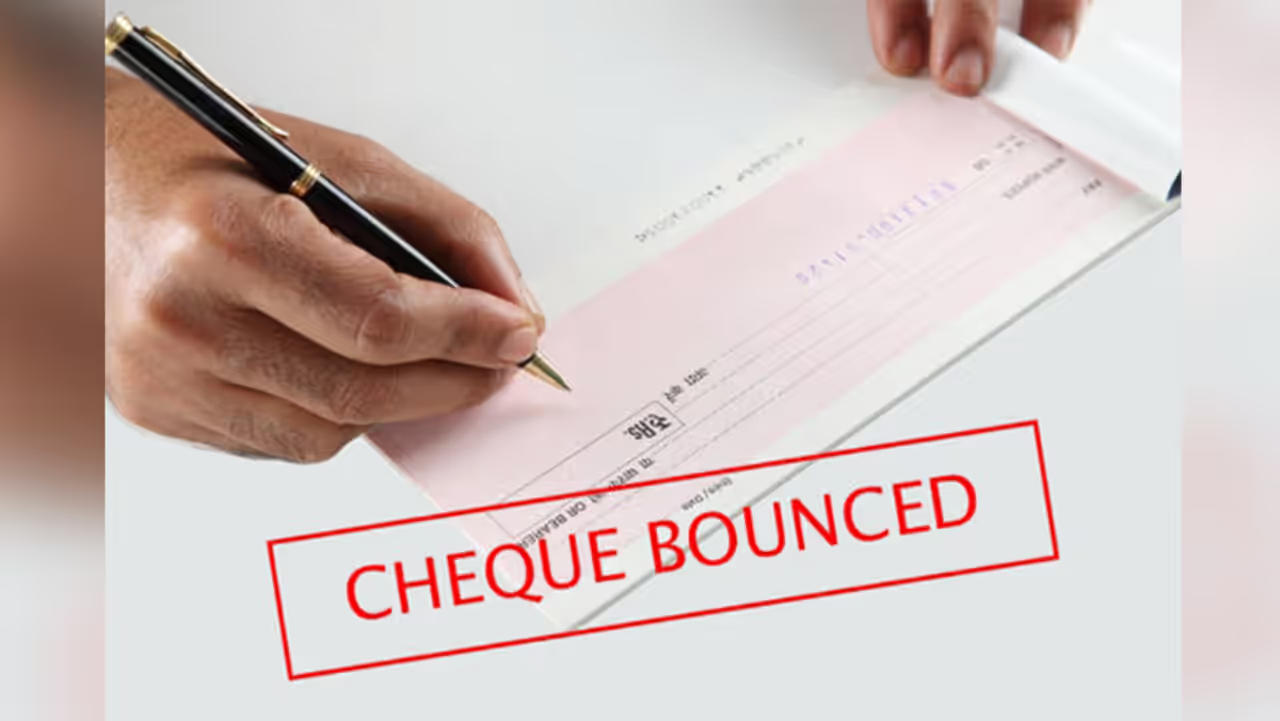Cheque bounce rules EXPLAINED: How to prevent penalties and jail time?
A bounced cheque can lead to fines and even jail time. Understanding the reasons for cheque bounces and taking preventive measures is crucial. Learn about the necessary actions to take if a cheque bounces and how to avoid legal consequences.

Online transactions are rapidly increasing, with many using UPI and net banking. While online methods are convenient, cheques are still preferred for large sums. Remember these crucial points when making cheque payments. Act immediately if your cheque bounces to avoid jail time.

Despite online transactions, cheques remain a vital payment method. Businesses and individuals use them for documentation. Care is crucial when filling cheque details; errors can lead to bouncing. A bounced cheque is termed a dishonored cheque. Section 138 of the 1881 Act criminalizes cheque bouncing, leading to fines or imprisonment.
Cheque bounce leads to fines or 1-2 years imprisonment, sometimes both. Common reasons include insufficient funds, signature mismatch, errors in details, date alterations, and expired cheques.
Legal action isn't immediate after a cheque bounce. The bank notifies the issuer, allowing them to rectify the issue and provide another cheque within three months. If this also bounces, the recipient can take legal action. Banks impose penalties for each bounced cheque, varying by bank and reason, typically ranging from Rs. 150 to Rs. 800. The bank issues a memo, requiring a response within 15 days, failing which the recipient can file a complaint.
If found guilty, the issuer faces up to 2 years imprisonment, a fine, or both. Ensure sufficient funds before issuing a cheque. Double-check amount, date, signature, and account details. Use unexpired cheques. Address any bounce immediately to avoid legal trouble.
Stay updated with all the latest Business News, including market trends, Share Market News, stock updates, taxation, IPOs, banking, finance, real estate, savings, and investments. Track daily Gold Price changes, updates on DA Hike, and the latest developments on the 8th Pay Commission. Get in-depth analysis, expert opinions, and real-time updates to make informed financial decisions. Download the Asianet News Official App to stay ahead in business.